Why Doug Ford's government spends more than $6B/year subsidizing hydro rates
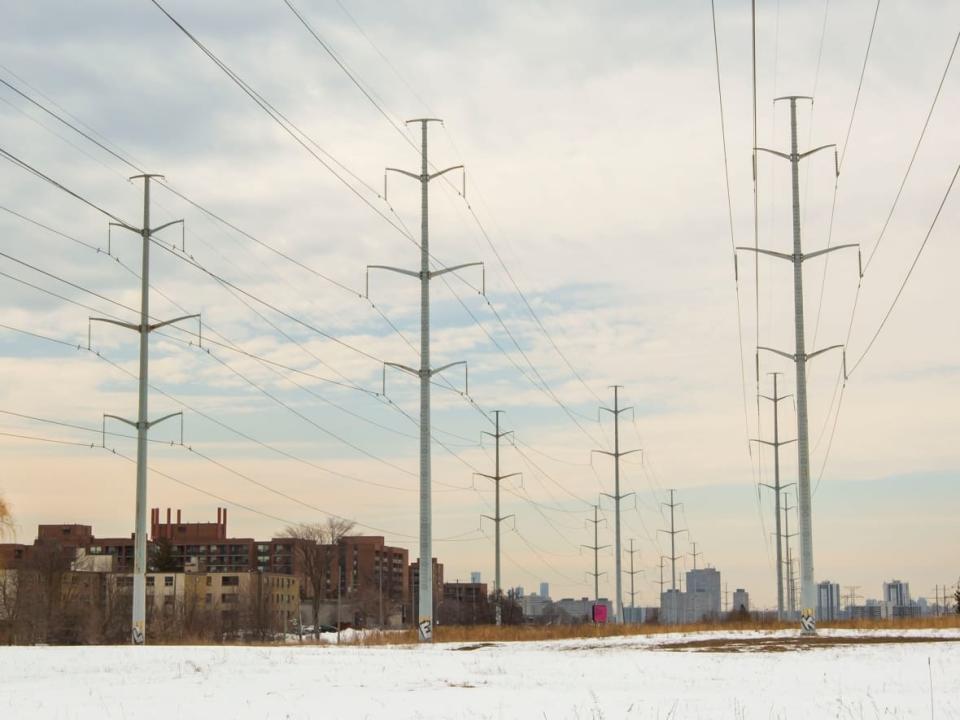
When Premier Doug Ford's government tables its new budget on Thursday, expect to see more than $6 billion devoted to subsidizing hydro bills.
Although previous Liberal governments also spent taxpayer money on lowering electricity prices, Ford's Progressive Conservatives have taken it to such a level that it is now one of the single biggest line items in the Ontario budget.
The 2022-23 provincial budget earmarked $6.3 billion for "electricity cost-relief programs," nearly four times as much as the $1.6 billion Kathleen Wynne's Liberals budgeted for such programs in 2018.
Ford's PCs blame the size of the spending on green energy contracts signed by Liberal governments that locked the province into paying wind- and solar-power producers above-market prices for generating electricity.
The electricity cost-relief budget is now more than the combined budgets of the ministries of economic development, environment, agriculture, northern development, mining, natural resources, forestry, Indigenous affairs and labour, training and skills development.
The Ford government has spent more taxpayer money subsidizing hydro bills than it has spent on long-term care. In the four budgets since 2019, a cumulative total of $23.6 billion has been devoted to electricity cost relief programs, $2 billion more than budgeted for long-term care in the same time period.
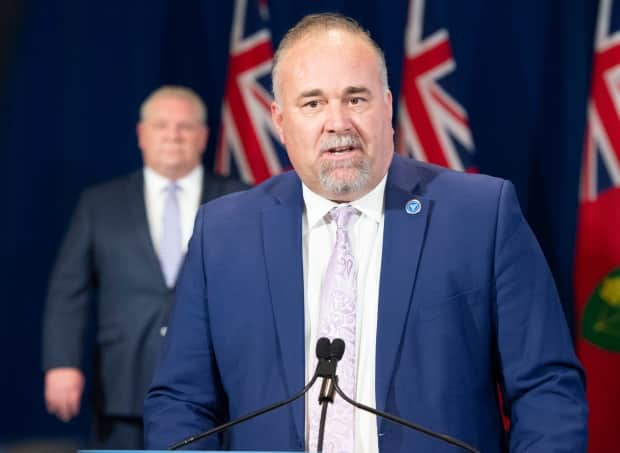
Ontario's financial accountability officer, Peter Weltman, released a detailed analysis of the electricity subsidies last year, estimating that they will cost taxpayers $118 billion over the next two decades, or roughly $6 billion per year.
"It's complex program, but it's a lot of money," said Weltman, who serves as the Legislature's independent budget watchdog.
Weltman says the policy encourages hydro customers to consume more electricity.
"Because most of the cost of the subsidy is to subsidize consumption, what ends up happening is those folks in the higher income brackets end up getting a bigger subsidy because they tend to consume more electricity," he said in an interview.
Roughly $600 million worth of electricity price rebates goes to households in the top 20 per cent of earnings, according the Financial Accountability Office's report.
The report finds that the current subsidies and rebates knock $50 off the average monthly residential hydro bill. Without the subsidies, the typical household would pay $171 a month (inlcuding tax) for electricity. Instead, the average hydro customer's monthly bill is $121.
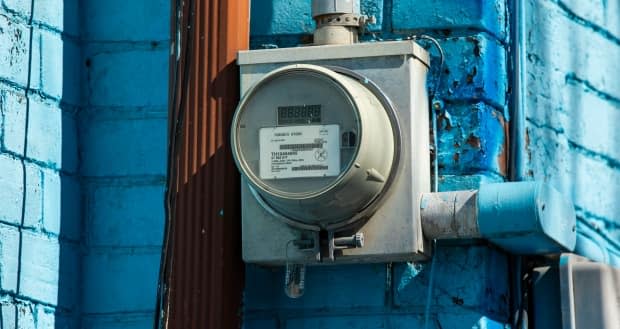
It's "politically shrewd" of the Ford government to use tax dollars to keep the price of electricity lower, said Dan Moulton, with the public affairs firm Crestview Strategy.
"The bigger question is: is it wise and is it sustainable?," said Moulton in an interview. "Could this money be better spent on improving other public services?"
Moulton is a Liberal political strategist who served as a senior adviser to the energy minister when the Wynne government was facing backlash over rising electricity prices and the privatization of Hydro One.
"One of the great axioms of Ontario politics is that governments live or die on the price and the reliability of electricity," he said.
Liberal party sources said their internal polling showed that hydro issues were the biggest policy reason voters abandoned them in the 2018 election, the party's worst result since Confederation.
The Ford government has avoided much scrutiny over its decision to spend so much taxpayer money on the hydro subsidies, said Moulton.
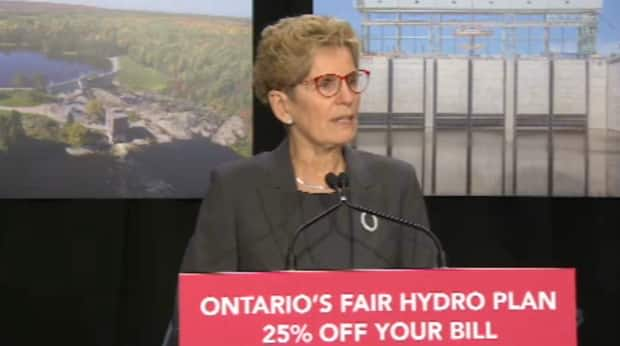
"At the very least, there should be a more open conversation about the policy choices the Treasury is making," Moulton said.
Energy Minister Todd Smith says the spending is necessary to keep the price of electricity from "going through the roof."
"The reason that we're spending that much money is because of 33,000 bad contracts that were signed by the previous Liberal government as a result of the Green Energy Act, 20-year contracts that were well over the market price," Smith said in an interview.
The Ford government took $38.6 billion worth of contracts with wind, solar and bioenergy generators off of ratepayers and moved them onto the provincial tax base.
That program (called the Renewable Cost Shift) alone accounts for nearly half the current annual spending on subsidizing hydro prices, according to the Financial Accountability Office.
Roughly one-third of the current annual spending benefits industrial, commercial and small business electricity customers.
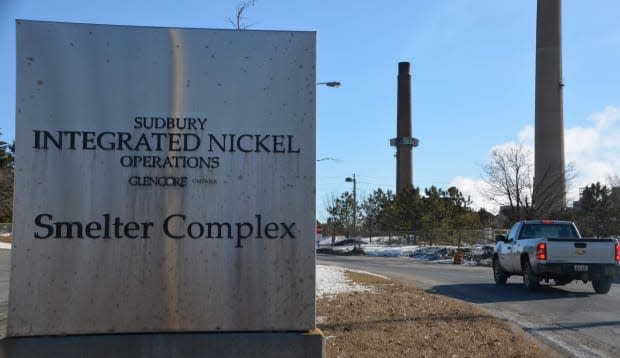
"We have to ensure that we have affordable electricity in the province," said Smith. "Otherwise we're not going to see the type of multibillion-dollar investments that we've been seeing in the automotive sector and the electric vehicle battery sector."
The fourfold increase in taxpayer spending on subsidizing electricity prices has come since Ford's government scrapped the Wynne Liberals' program to lower the average electricity bill by 17 per cent, dubbed the Fair Hydro Plan. It spread out over a 30-year period the price increases ratepayers were facing, without taxpayers shouldering any of the costs.
Jay Goldberg, Ontario director of the Canadian Taxpayers Federation, doesn't have a problem with the PC government spending tax dollars to offset high electricity prices stemming from what he calls the "bad deals" the Liberal governments made with green energy providers.
"We're not paying what should be the market price (of electricity), we're paying over that, and that is because of previous government decisions," Goldberg said in an interview.
However, he does take issue with other taxpayer-funded subsidies of hydro bills.
"People should of course be paying for the electricity they use," said Goldberg. "What the government ought to do is lower taxes, leave more money in people's pockets so that they can afford to pay their own energy bills."

